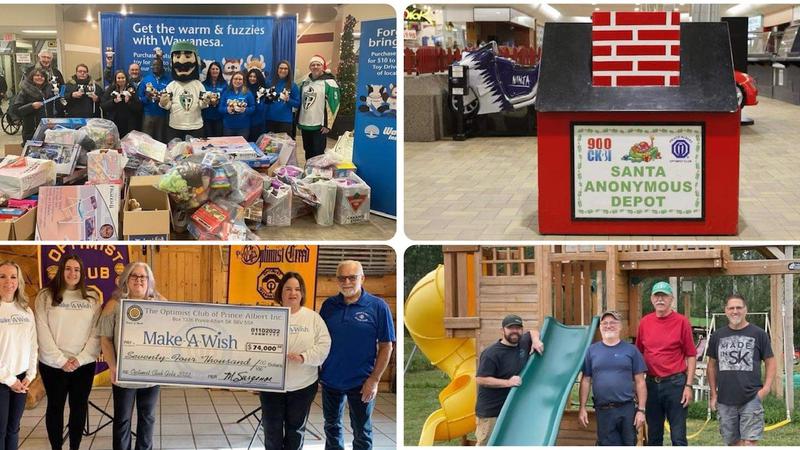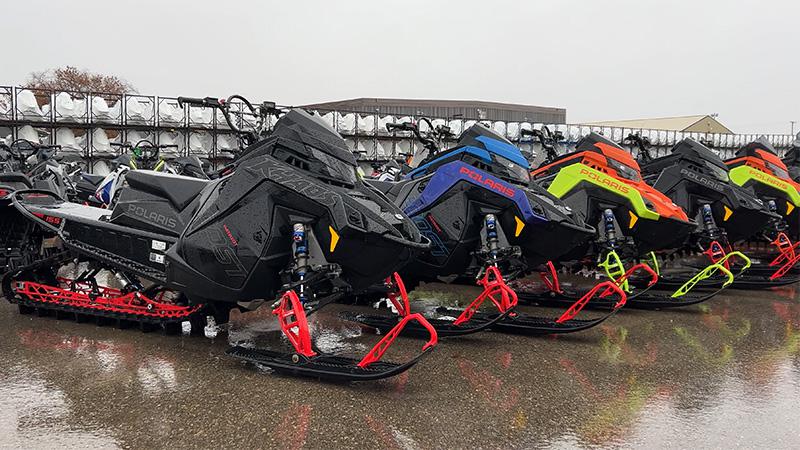Prince Albert Grand Council E-Culture Website
http://eculture.pagc.sk.ca/eculture.php?pid=HOME&tp=lnk&ver=f
The Prince Albert Grand Council recognizes the critical importance of our oral histories as First Nations peoples.
First Nations Elders continually remind us that in order to know “Where we are going”, we must know “Who we are” and “Where we have come from”.
As the respected teachers, storytellers and historians of our First Nations communities, our respected Elders uphold our traditions and pass on to us the sacred knowledge from the past, so that we will honour ourselves as First Nations peoples and pass their knowledge and wisdom onto future generations.


